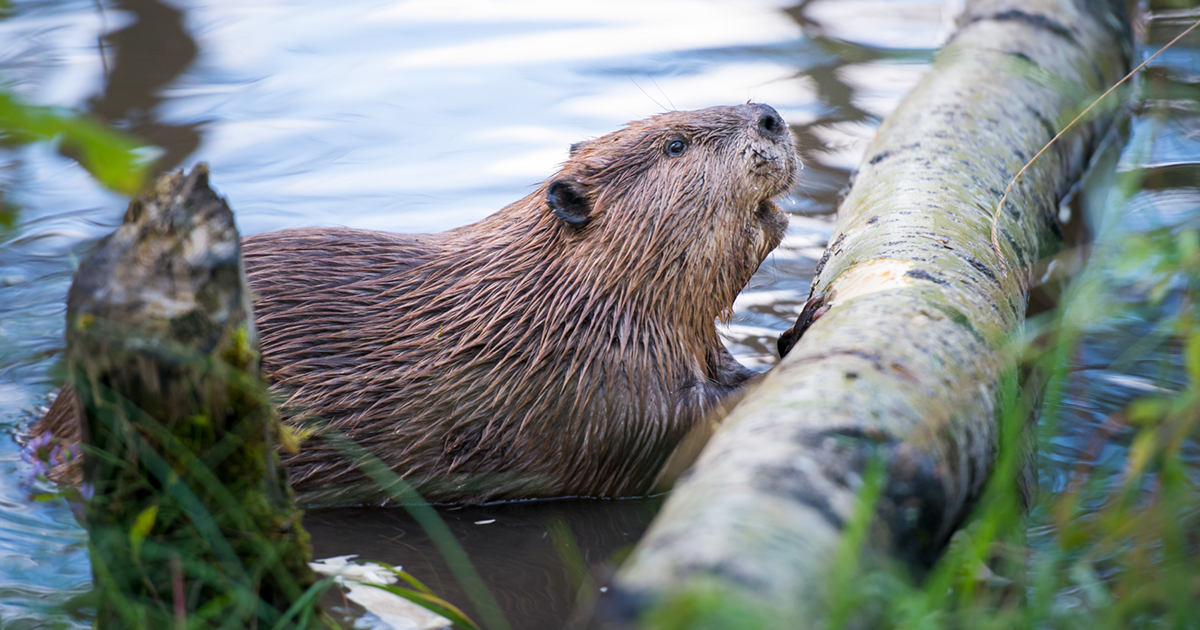
By Cassandra D'Andrea
Volunteer Writer
Public health measures implemented to combat the spread of the COVID-19 pandemic are not only affecting the daily lives of billions of people, but also conservation efforts, specifically in education and research. These measures and other restrictions include physical distancing, decreased venue capacity and travel restrictions.
Education
Education and conservation usually go hand in hand. From spreading awareness throughout the community or by training the next generation of conservation biologists. Specifically addressing the pandemic’s negative impact on teaching, the article,Impacts of the coronavirus pandemic on biodiversity conservationrecognizes that many universities and other research institutions are or will be teaching primarily online, meaning that hands-on experience usually gained by fieldwork and labs are limited or have come to a halt. The authors mention that “conservation is an applied science” and questions the future consequences by delaying practical components of courses.
Another way to obtain training is through work experience, but the samearticlealso brings up the concern of employment loss. The article’s authors state that organizations usually recruit employees and students to help out with projects, whether those projects be fieldwork or environmental education. However, with less staff and the means to ensure everyone’s safety, the same amount of recruiting can not take place to the same extent as it had pre-COVID. As stated in the article: “conservation also supports—and is supported by—numerous people who depend on temporary jobs in the field or lab.”
Similarly, volunteer opportunities have been reduced. While providing a brief insight on how a few conservation organizations have been affected and are adapting to the pandemic, the authors of the article,Conservation efforts mostly halted during COVID-19 pandemic,found that “most conservation organizations have had to cancel their events, which are primarily staffed by volunteers.”

Research
Numerous research projects have been cancelled or postponed, and there are concerns about the loss of data. For instance, the article,Support early-career field researchers,explains that a year of no data for a “demographic study renders multiple years of data uninterpretable.”
Delayed research projects may also change the intent of the data: anews articleabout the index count for adult piping plovers, an endangered shorebird, shares how researchers were limited to the number of beaches they could use in Prince Edward Island. Since they were limited in their counts, researchers are unable to make comparisons to other provinces.
The pandemic has also impacted research that needs direct contact with the species in study. You might have seen in the news on how abat studyhas been postponed due to fears that researchers could transmit COVID-19 to endangered bats.
Instead of cancelling a research project, some researchers are continuing by working remotely. However, the authors ofImpacts of the coronavirus pandemic on biodiversity conservation, adds that remote work encompasses only a small portion of what needs to be done in conservation research and it cannot be long term.
Mixed Opportunities In An Uncertain Future
Summarizing how the pandemic has impacted conservation research and efforts, the authors ofImpacts of the coronavirus pandemic on biodiversity conservationwrite that “Missed research means missed opportunities to identify conservation priorities, monitor the health of endangered species and ecosystems, and provide practical solutions for the protection and sustainable use of resources on which human well-being depends.”
It is also important to recognize that new opportunities are arising within these unprecedented times, such as new research possibilities. Last month,researcherscoined the term “anthropause,” referring to the “considerable global slowing of modern human activities, notably travel” observed during the pandemic. They encourage the research community to “use these extraordinary circumstances to gain unprecedented mechanistic insight into how human activity affects wildlife.” Additionally, they advise steps to take to “maximize the scientific insight.”
On a better note, the authors of,Impacts of the coronavirus pandemic on biodiversity conservation, state that, “optimistically, education and research in ecology, conservation, and environmental studies may appear more attractive and meaningful to young people who have been alerted to the global environmental crisis by this pandemic and made aware of the links between biodiversity conservation and human well-being.”
The pandemic is still ongoing, and “only time will tell if this will have long-term consequences.”

